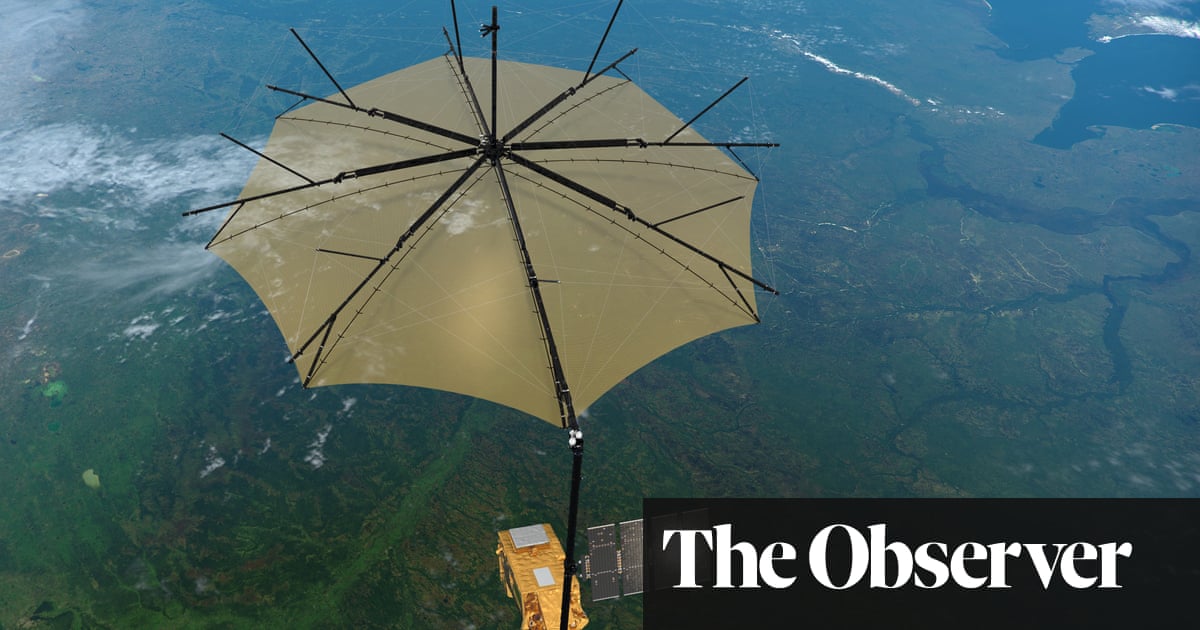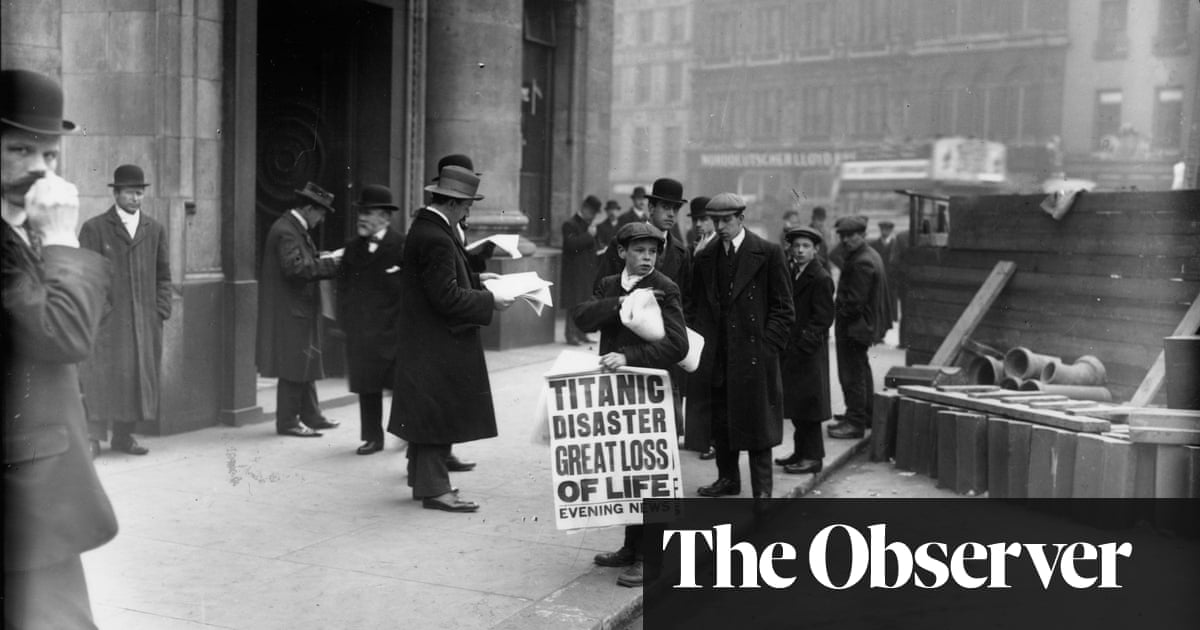Plans for a new national police body to lead the fight against terrorism and serious organised crime are being drawn up, as UK police chiefs consider the biggest overhaul of policing since the 1960s.
Under the proposals, counter-terrorism policing units would gain independence from local forces and become part of a new force covering at least England and Wales, and sitting in a newly created national centre for policing.
Counter-terrorism policing (CTP) is currently headquartered with London’s Metropolitan police, with its head appointed by the Met commissioner.
The plans are being devised as part of preparations for a Home Office white paper heralding radical police changes, which is expected later this year.
The proposed changes come amid mounting concerns that the UK’s current system – in which 45 local forces sometimes cooperate on national issues – can no longer match societal changes in the nature of crime, which is increasingly national or international.
For counter-terrorism policing specifically, one hoped-for advantage is a boost in recruitment, which would give it a more stable workforce and improve its ability to fight violent extremism and state-sponsored espionage.
The proposals are being drawn up by a working group called the joint reform team, which includes the National Police Chief’s Council (NPCC), which represents police leaders across the UK. They sit alongside senior civil servants as well as His Majesty’s Inspectorate of Constabulary, the College of Policing and elected police and crime commissioners.
Several options are being examined but the plan to include terrorism and serious organised crime in a new national force would give Britain a law enforcement body potentially as wide reaching and powerful as the FBI in the US.
The Guardian understands the working group is “modelling” the plan, and that any changes would need government backing and new laws.
Other options for CTP being considered by the working group are for it to become a standalone independent force, rather than sitting within a national centre for policing, or leaving things as they are now.
The Met’s hosting of some of counter-terrorism’s core functions, such as its headquarters which sets policies and leadership, is a throwback to when the London force led on counter-terrorism across the UK.
The country is covered by a network of 11 counter-terrorism units, with officers and staff largely seconded or borrowed from other forces. It is led by the Met’s assistant commissioner for specialist operations, Matt Jukes. Both the Met commissioner, Sir Mark Rowley, and his predecessor, Dame Cressida Dick, came to the top job in policing after leading counter-terrorism.
There are several reasons supporters believe the change is necessary.
CTP is struggling to recruit and is about 900 people shy of a full roster of 9,000 officers and staff. Some are put off joining because it means the embattled and scandal-hit Met technically becomes their employer.
Some believe they will have to move to London, which is more expensive to live in than the rest of the country; and officers working for CTP are subject to recall to their home forces, which some argue disrupts the effort to thwart terrorist attacks.
Others are discouraged or even stopped from applying by the force that legally employs them amid a shortage of experienced detectives. One source claimed: “The network is cobbled together from forces like Frankenstein’s monster.”
after newsletter promotion
It is argued that removing the counter-terrorism responsibilities from the Met could free up the London force’s leadership to concentrate on internal changes.
Scotland Yard was traditionally the home of efforts to thwart violent attacks by those motivated by a political or ideological cause. Its anti-terrorism branch spearheaded police efforts against the IRA and a network of counter-terrorism units across the country evolved as the threat from Islamist terrorism intensified.
The model may result in the centralisation of counter-terrorism, serious organised crime, equipment purchasing and efforts to improve police performance in protecting women and girls from violence.
Greater central control would be taken over rushing officers to riots and disorder, such as last summer’s violence.
A report in December by HM Inspectorate of Constabulary on the response to the disorder across England called for the creation of a national coordinator role with the powers to order police leaders to hand over riot-trained officers to be deployed around the country in the event of a national emergency caused by riots.
A second report is due and is expected to also be critical, with some in policing saying privately that local forces were too slow to allow their riot officers to be handed over to the national effort.
A spokesperson for the NPCC said: “The ambition for police reform is high. We want the establishment of the national centre for policing to be the start of changes to improvement to policing capabilities, but it is too early to say what any future design could be.”
Downsides for greater centralisation include local forces losing control over deciding what their needs are and the potential for greater central government interference.
Those who have led Britain’s counter-terrorism efforts say the model derives strength from being connected to local policing, with local officers who know their communities gleaning intelligence and feeding it back to specialist officers. They also say the counter-terrorism system works.
A Home Office source said: “We’re working with policing, which will focus on efficiencies, tech and the use of, and enhancing capabilities on local and national scales. We will always look at what works.”

 10 hours ago
4
10 hours ago
4













































